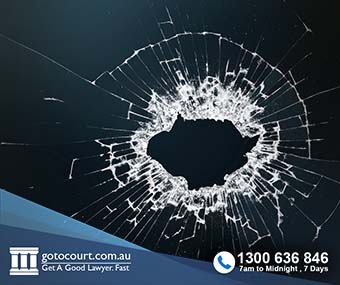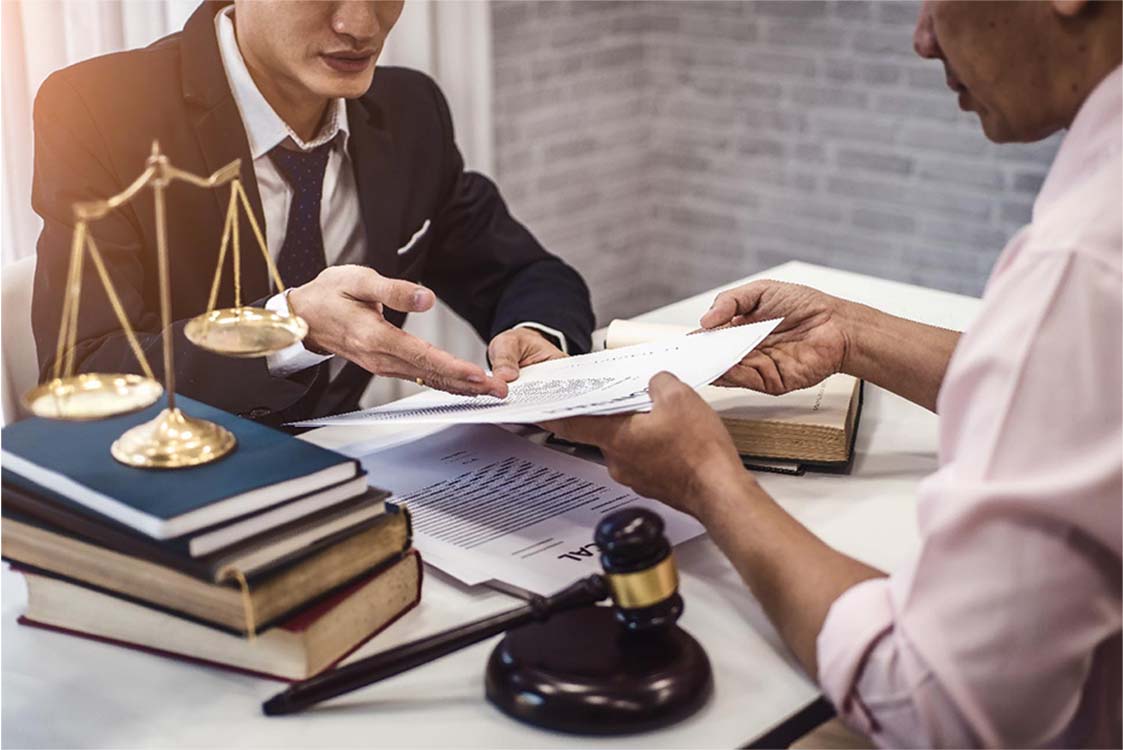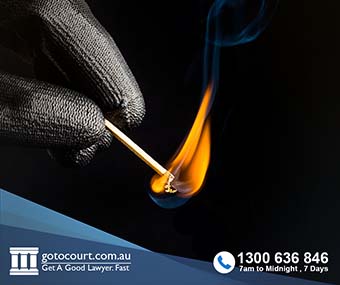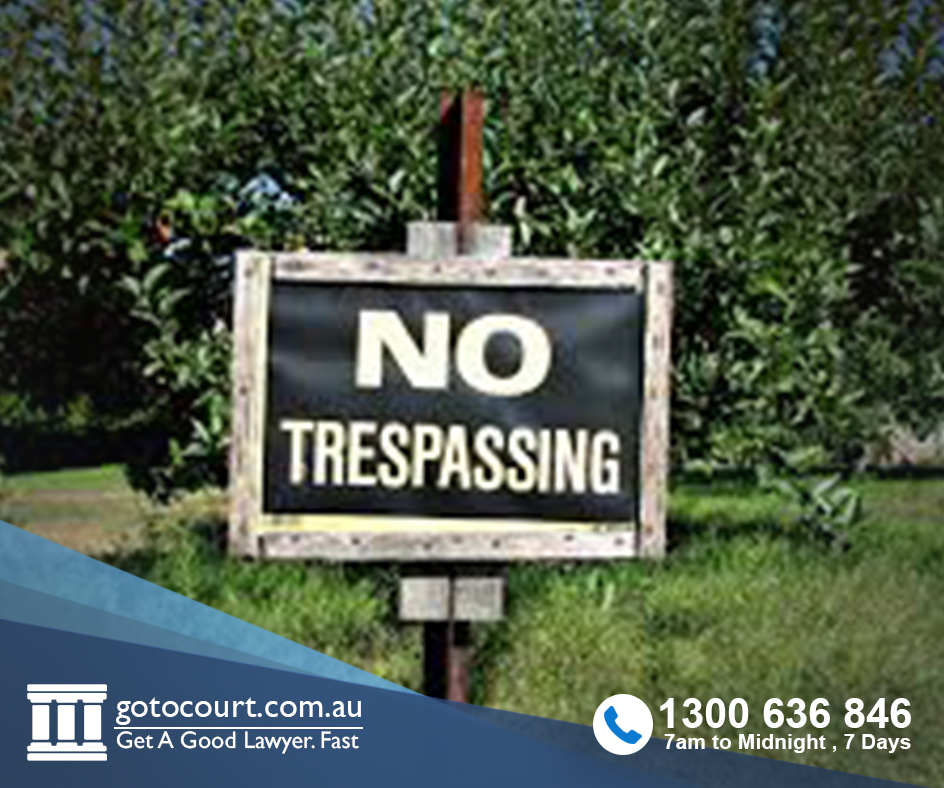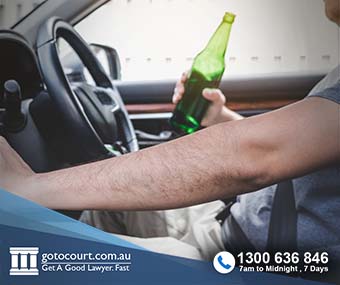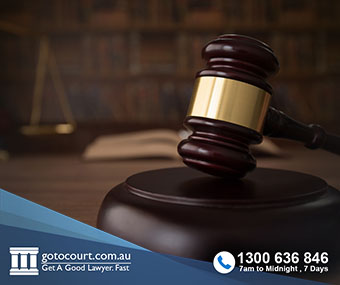Sexual Intercourse Without Consent in the ACT
Sexual Intercourse Without Consent in the ACT
In the Australian Capital Territory (ACT), there is a range of sexual offences, which are set out in the Crimes Act 1900. These include sexual assault, sexual intercourse without consent, acts of indecency and incest. This page deals with sexual intercourse without consent.
Legislation on sexual intercourse without consent
The offence of sexual intercourse without consent is contained in section 54 of the Crimes Act 1900.
This offence occurs when a person has sexual intercourse with another person without their consent, knowing or being reckless as to whether the other person consents.
What is sexual intercourse?
For the purpose of this offence, sexual intercourse is defined as including:
- Penetration of the genitalia or anus of a person by a body part of another person
- Penetration of the genitalia or anus of a person by another person using an object
- Placing a penis into another person’s mouth
- Fellatio
- Cunnilingus
Knowledge and recklessness
A person can commit sexual intercourse without consent either knowingly or recklessly.
The offence occurs knowingly if the accused actually knows that the victim is not consenting to sex.
The offence occurs recklessly if the accused knows that the victim might not be consenting to sex or if the accused does not consider whether the victim is consenting.
Penalty for sexual intercourse without consent
This offence is punishable by imprisonment for up to 12 years, or up to 15 years imprisonment if the offence is committed under circumstances of family violence.
If a person commits sexual intercourse without consent in company with another person, the maximum penalty that applies is imprisonment for 15 years.
If the offence is committed in the context of family violence and in company with another person, the maximum penalty if imprisonment for 18 years.
Jurisdiction
Sexual intercourse without consent is an indictable offence and is dealt with in the ACT Supreme Court. All criminal matters begin in the Magistrates Court and must go through a number of procedural stages before being transferred to the Supreme Court for finalization as a plea hearing or a jury trial.
Pleading guilty to sexual intercourse without consent
If you have been charged with sexual intercourse without consent, you should seek thorough legal advice before deciding to plead guilty. Go To Court Lawyers will provide you with specialist advice as to the strength of the case against you, the likely penalty range in your circumstances and whether you have an available defence. They will talk to you about material that may assist you in your plea in mitigation, such as evidence of steps you have taken to address your offending.
Pleading not guilty to sexual intercourse without consent
If you have been charged with sexual intercourse without consent and want to fight the charge, Go To Court Lawyers will provide you with expert advice and help you to prepare your defence. A sexual assault matter may take a number of months to go through the court process before it reaches trial and is decided by a jury. It is important that each procedural stage is handled expertly to ensure the case
Defences to sexual intercourse without consent
The only legal defence to sexual intercourse without consent is that the victim consented to sex. Consent is a full defence to any sexual offence where the victim is an adult, with the exception of incest.
There are also factual defences that may be relied on in response to a charge of sexual intercourse without consent.
These include:
- that the alleged offence did not happen at all (in other words, sexual activity did not occur); and
- that the accused was not the person who committed the offence.
Applying for bail on a sexual intercourse without consent charge
If you have been charged with sexual intercourse without consent in the Australian Capital Territory and are remanded in custody, Go To Court Lawyers can help you to apply for bail in the Supreme Court. Decisions about bail in the ACT are made under the Bail Act 1992.
A court will decide whether to grant bail to an adult with reference to the criteria set out in section 22 of Bail Act 1992.
These are:
- whether the person is likely to come to court;
- whether they are likely to harass or endanger anyone;
- whether they are likely to commit an offence;
- whether they are likely to interfere with evidence or obstruct the course of justice;
- the person’s interests.
If you require legal advice or representation in any criminal legal matter, please contact Go To Court Lawyers.

Affordable Lawyers
Our Go To Court Lawyers will assist you in all areas of law. We specialise in providing legal advice urgently – at the time when you need it most. If you need a lawyer right now, today, we can help you – no matter where you are in Australia.How It Works




1. You speak directly to a lawyer
When you call the Go To Court Legal Hotline, you will be connected directly to a lawyer, every time.

2. Get your legal situation assessed
We determine the best way forward in your legal matter, free of charge. If you want to go ahead and book a face-to-face appointment, we will connect you with a specialist in your local area.

3. We arrange everything as needed
If you want to go ahead and book a fact-to-face appointment, we will connect you with a specialist in your local area no matter where you are and even at very short notice.


